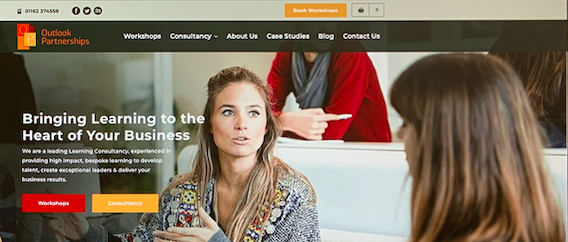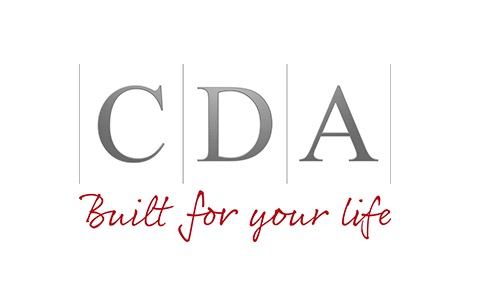Did you spend time last year playing catch-up and wishing there were more hours in the day? The answer isn’t necessarily making more time for the tasks you have on your to-do list, but organising them in a better way and maximising the time you already have.
By effectively managing yourself and your time, you can take the first steps towards reaching your goals.
Evidence suggests that putting off important tasks causes stress, and this additional stress contributes to negative psychophysiological impacts on the body which increase our vulnerability for illness. Previous research has linked chronic procrastination to a range of stress-related health problems such as headaches, digestive issues, colds and flus, and insomnia.
So, here’s a few tips and techniques on how to effectively organise yourself: –

1. Realistic Personal & Professional Goals
Start by dedicating time towards looking at what you want to achieve as the year progresses, both personally and professionally.
Planning your aspirations will help you to manage yourself and your time and make those goals more tangible. And of course, give you something to be accountable for!
By keeping yourself happy and content in your personal life, you can transfer that sense of success into your business, and in turn, achieve your professional goals.
2. Check-In with Yourself
Everyone has a specific time or period of the day when they are at their most productive. Save this time for the tasks which need greater focus or energy and plan your day or week with these periods of time in mind.
As you go through your typical working day or week, be mindful of your own performance and ask others to give constructive feedback. Nobody is perfect but taking time to reflect on your performance will give you an idea of the areas to improve upon for next time.
Once you’ve identified your areas for improvement, ask yourself what you could do differently and be open to new ways of working. This could include making use of different information sources such as podcasts (which you can listen to in the car or on the train) and websites to get inspiration and advice and use the tips which suit your way of working.

3. Have you tried the 4MAT Model?
The 4MAT Model encourages you to ask yourself four key questions:
1. What do you specifically want to achieve? And how will you know when you have achieved this? Your evidence of success.
2. Why is it important that you achieve these goals? What’s in it for you? What are your individual drivers? These will help you to stay motivated and on track when things get in the way.
3. How are you going to achieve your goals? Remember to stay open minded with this question, as circumstances change and the more flexible you are with your plans, the more successful you will become by adapting to situations.
4. ‘What if’ questions will help you to think about other options if circumstances change and help you to stay on track in all eventualities.
In other words, the 4MAT Model combines the logical and creative ways of learning together. By doing this, we can gain a clearer picture of how we can effectively manage ourselves and adapt our approach to managing our time.
Keep the 4MAT Model in the forefront of your mind as you go through that period of transition. It’s one thing to create a plan or write down practical steps to take, and another to actually implement them.
4. Manage yourself and your time this year
Here at Outlook Partnerships, we can also help you to become more productive, our 2-day Self-leadership workshop will help you get a better handle on your priorities, share best practices on how others get things done and give you new techniques so you can achieve what you want to this year.
By putting you and your way of learning first, we can show you the steps you might need to take, then the rest is down to you! Find out more and book your place here.
 01455 272493
01455 272493

















